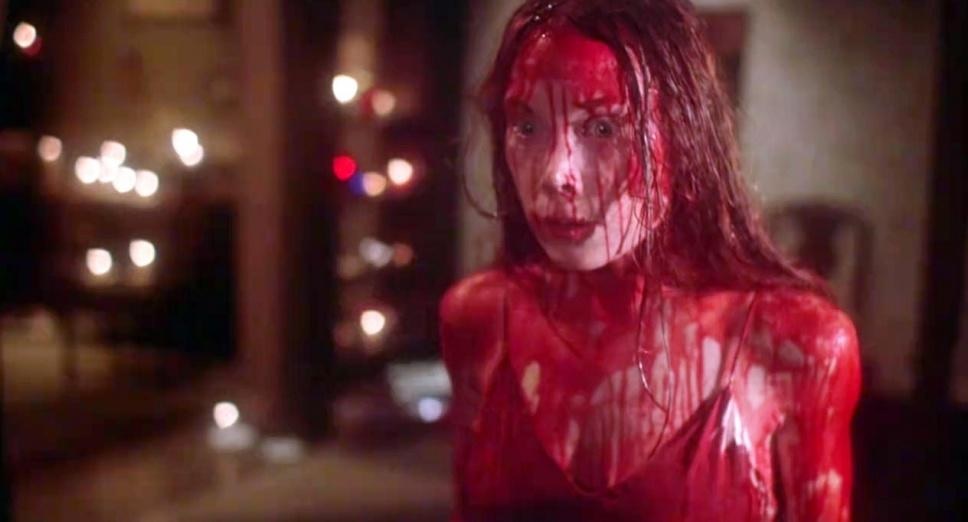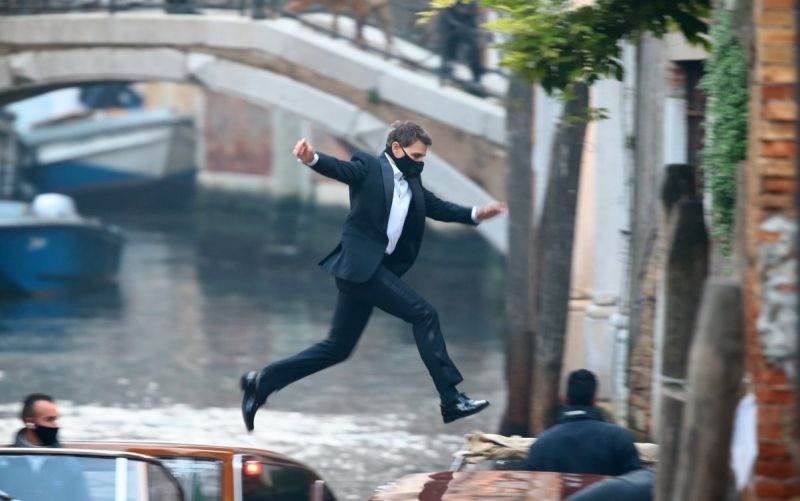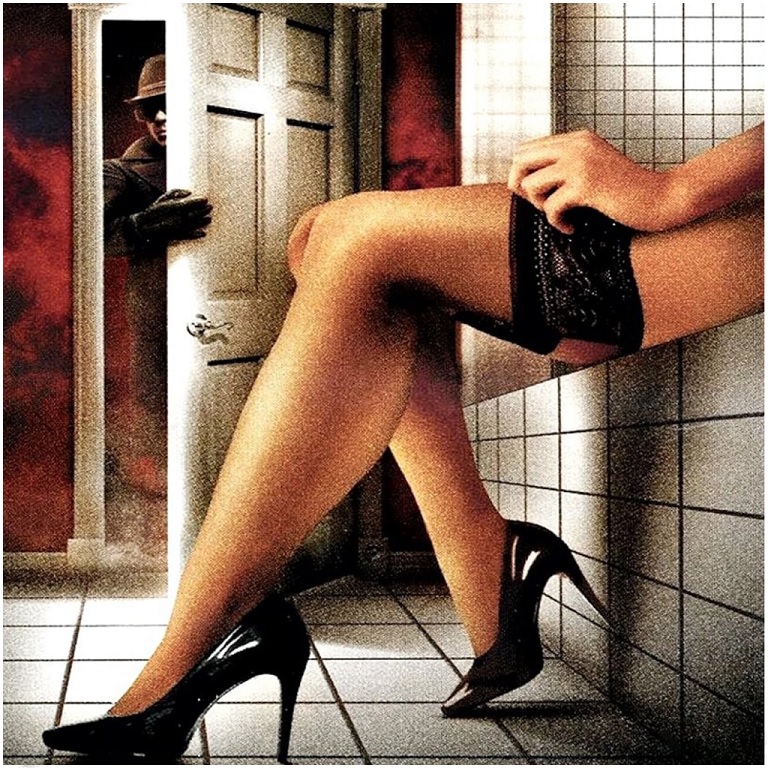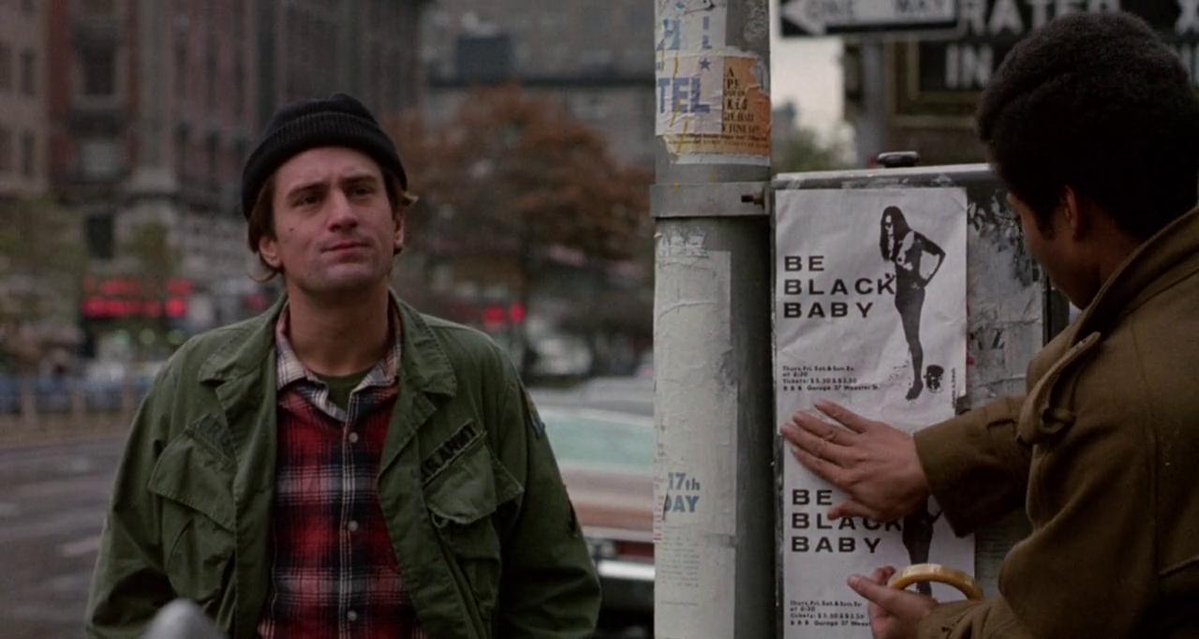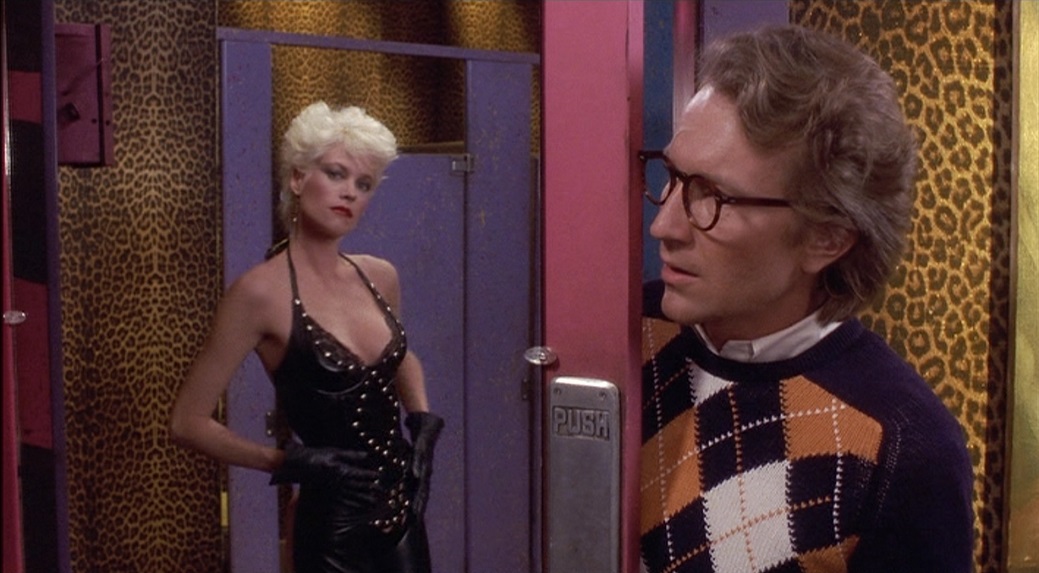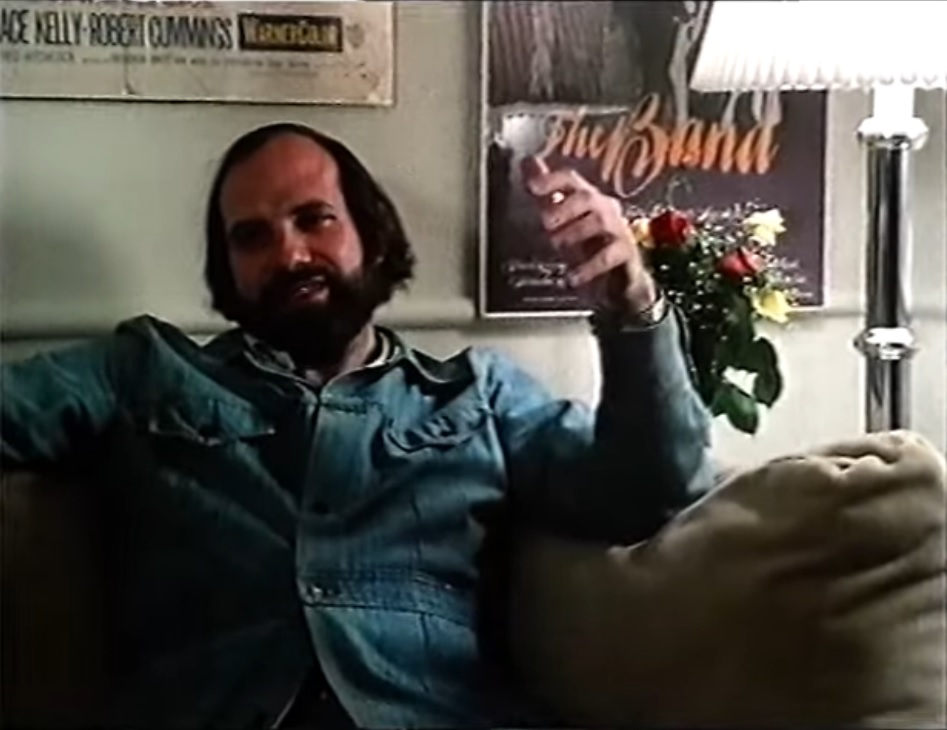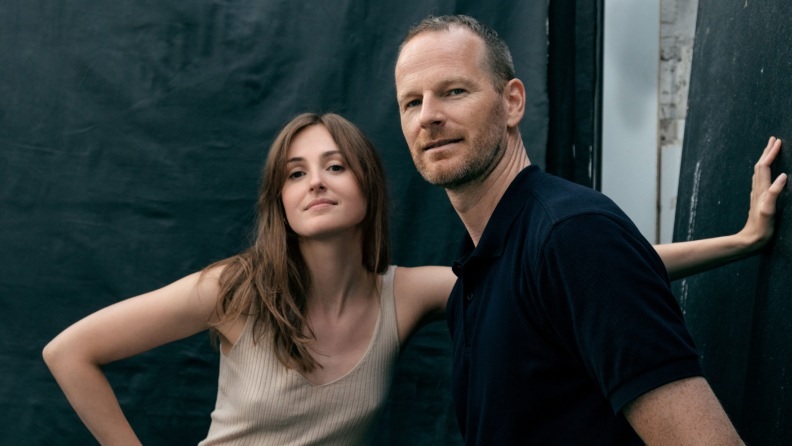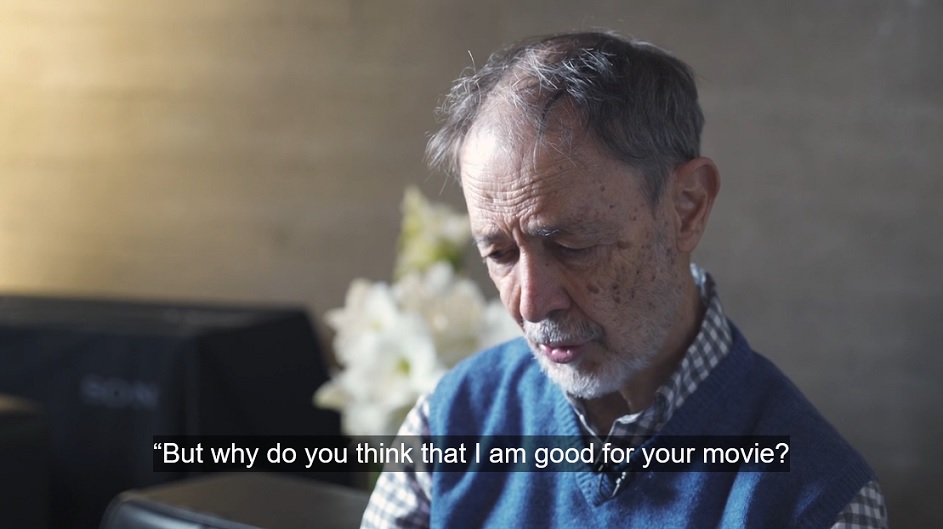THE RAGE: CARRIE 2 - "A REQUEST FOR AN OPENING UP ABOUT HOW WE APPROACH FILMS LIKE THIS"
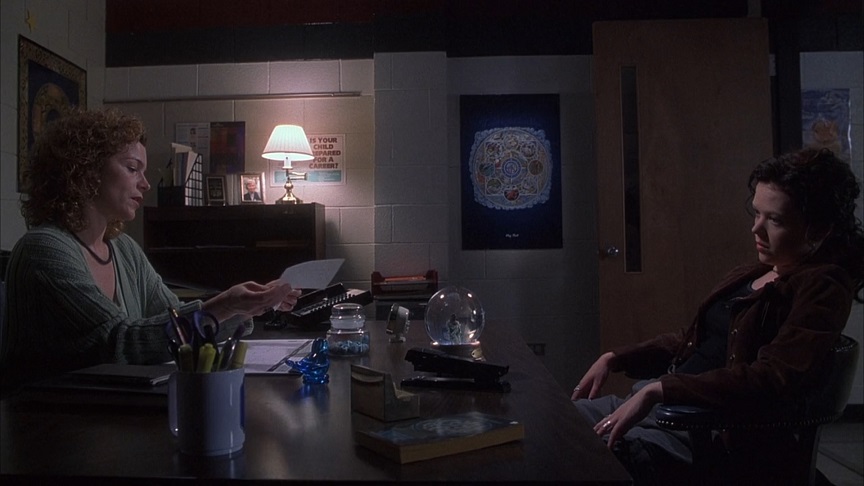
Each entry in Fangoria's "Wild Women With Steak Knives" series of articles finds author Alexandra Heller-Nicholas examining "a woman-directed horror film that's been largely overlooked or forgotten." In the latest entry, posted yesterday, Heller-Nicholas discusses Katt Shea's The Rage: Carrie 2. Here's a portion:
On March 18th, 1993, a group of young men from Lakewood, California, who collectively went by the self-bestowed name of the "Spur Posse" were arrested by the Los Angeles County Sheriff's Department. Their crimes - and their response to it - would become major news in the United States at the time; charged with an array of sex crimes, these assaults were all linked to a 'game' the members had constructed which used a point system to create a competitive environment where these crimes garnered the assailant a numerical value, all leading up to the grotesque idea that there would be a 'winner'. The more rapes, the more points. Prosecutors dropped the case bar one single charge because they felt unable to prove these encounters were not consensual, and the police failed to pursue even statutory rape charges despite one of the survivors only being ten years old.In the final stretches of the article, Heller-Nicholas states that her article "is less a defense of The Rage: Carrie 2 as it is perhaps a request for an opening up about how we approach films like this. In many ways, the film is doubly cursed (again, referencing that original title) because not only was it directed by a woman - effectively a crime, in the eyes of many horror fans and people in the industry, even now - but it's a dirty, stinky, shameful sequel. Maybe we need a different way to talk about sequels, because 'it's not as good as the original' is such an obvious thing to say about almost all of them (there are a few rare exceptions) that it seems almost pointless."This was a long time before #MeToo, but there are echoes here of far too many future cases that we have seen since, and of course that existed long before this case itself. Why this particular news story caused such a storm is perhaps as much to do with the high class status of the Spur Posse - they were football players, the golden boys - as it did the horrific crimes they committed all in the name of this "game".
This might sound like a strange way to approach Katt Shea's The Rage: Carrie 2, but when you know this story, it comes as zero surprise to learn that the Spur Posse case was as much (if not more) an influence on the critically lambasted sequel to Brian De Palma's valorized 1976 original. That comparing the sequel to the original has remained the primary model for assessing this film is perhaps stating the obvious; if the title alone doesn't encourage us enough to do this, then the film itself goes to some pretty significant lengths to remind us of the original in some of its key moments, sometimes going a far as to replicate iconic scenes and images.
Original footage from De Palma's 1976 film of Sissy Spacek's famous Carrie even appears in The Rage, in a red-tinted flashback of the famous "plug it up scene". Spacek turned down an offer to appear in the sequel, but she did grant permission for this footage to be reused. However, Amy Irving does appear as a relatively central character, revamping her character, Sue Snell. Here, she now works at the school where the sequel takes place. A loose reconfiguring of Betty Buckley's gym teacher Miss Desjardin from the first film in many ways, she also differs significantly as she is much more overtly a champion for the victimized girls in the film, especially protagonist, Rachel Lang (Emily Bergl).
Rachel is Carrie's step-sister; they share the same father (who seems to have a thing for religious fanatics), which in itself is interesting because it renders Rachel and Carrie's telekinesis - a gift they both share - as not only hereditary, but passed down through the male family line. Violence, then, despite the centrality of the women characters here, is ultimately framed as inherently connected to the masculine. These girls have not just got enormous supernatural powers, but the violence intrinsic to that in both of their cases is something they literally got from a man; their propensity for violence, then, is deemed monstrous not only because it holds the potential for unrestrained destruction, but also because they are women who have what is biologically defined as being something emphatically masculine.
Rachel learns of her relationship to Carrie from Sue, whose guilt over Carrie's death and the carnage associated with it propel her to investigate Rachel's similar background with a demented religious kook for a mother. But Rachel and Carrie - and their stories - are as different as they are similar. Rachel's mother, for instance, is institutionalized very early in the film, leaving Rachel to grow up in an uncaring foster home (for the music fans amongst you, her stepfather is played by the iconic John Doe from the killer LA punk band X). While Carrie was meek and frightened, Rachel is tough; Pauline Kael once famously described Spacek's Carrie as looking like a "squashed frog", while Rachel is a tomboy (when one of the quasi-Spur Posse ringleaders invites her on a date early in the film, she unhesitatingly rejects him, telling him she's not interested "because I'm a dyke”. He doesn't pause to disbelieve it).
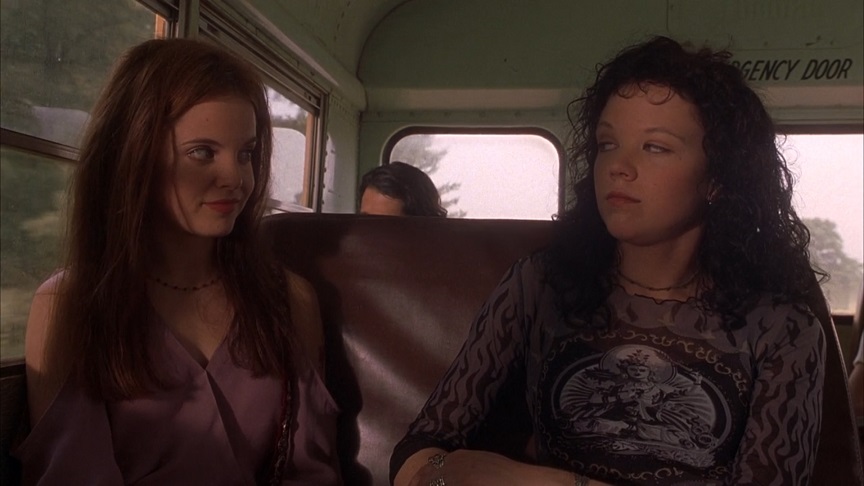
Updated: Sunday, March 27, 2022 1:03 AM CDT
Post Comment | View Comments (2) | Permalink | Share This Post




